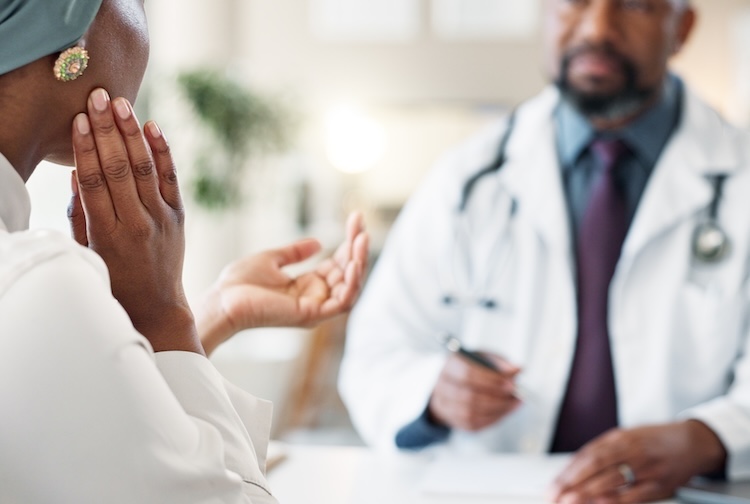Bugged by the winter surge of the stomach bug?
Norovirus is highly contagious and can still spread if you’re feeling better.
January 15, 2025 Most people get better within 24 to 48 hours, but health experts say they can still spread norovirus for a few days. (Getty Images)
Most people get better within 24 to 48 hours, but health experts say they can still spread norovirus for a few days. (Getty Images)
By Sara McCloskey
Health care workers are seeing a winter surge in norovirus cases nationwide, with the Virginia Department of Health reporting nine outbreaks of a “stomach bug-like" illness in early January.
Norovirus is a highly contagious virus that causes vomiting and diarrhea. While most people get better within a few days, they can still spread the illness a few days later.
“During the winter and holiday seasons, you typically spend more time with people indoors. These indoor gatherings allow for rapid transmission of respiratory and gastrointestinal viruses,” said Gonzalo Bearman, M.D., chief of the Division of Infectious Diseases at VCU Health.
VCU Health News spoke with Bearman about why norovirus is so contagious and how you can stop it from spreading throughout your household.
What is norovirus and what are the symptoms?
Norovirus is caused by inflammation in the stomach or intestines. People often call it the “stomach bug” or “stomach flu,” but it’s not caused by the same virus as influenza (flu). You will likely begin to experience symptoms 12 to 48 hours after being exposed to someone who is sick. These symptoms typically last one to three days.
Some of the most common symptoms include diarrhea, vomiting, nausea, and stomach pain. People can also have a fever, headache, and body aches.
Those sick with the stomach bug often vomit several times a day, which can lead to dehydration or loss of body fluids. People at most risk for dehydration are young children, older adults, and people with other illnesses.
How do people get sick from norovirus?
Norovirus is very contagious. You can become sick by accidentally getting tiny particles of poop or vomit in your mouth from someone who is sick. Those particles can also contaminate food, water, and other surfaces. If you come in contact with those items after they’ve been exposed to someone sick with norovirus, you can also get sick.
Are there any medications for norovirus?
There is no specific medication to treat norovirus. Antibiotics will not help treat this infection because they fight bacteria, not viruses. Be sure to drink plenty of liquids if you’re sick to replace all of the fluids lost from vomiting and diarrhea.
“The most important aspect of a gastrointestinal virus, like norovirus, is rehydration,” Bearman said. “If a serious bacterial infection is excluded after assessment by a health care professional, over-the-counter antidiarrheal agents may help minimize the frequency of diarrhea.”
Dehydration is something you should watch out for and may require hospitalization if it’s severe. Typically, patients who are severely dehydrated are treated with fluids through an IV.
Symptoms for severe dehydration include:
- Dry mouth and throat
- Decreased urination
- Feeling dizzy when standing up
- Crying with few or no tears
- Unusual sleepiness or fussiness
Call your primary care doctor if you are concerned about dehydration from norovirus. If it is after business hours, Bearman recommends you seek help at an urgent care center.
After being sick, when am I most likely to spread norovirus to other people?
You are the most contagious when you’re sick, especially when vomiting, and during the first few days when you start to feel better.
According to the Centers for Disease Control and Prevention, some studies show that you can still spread norovirus for two weeks or more after you feel better.
How can I stop norovirus from spreading?
You can take steps to protect yourself and others from norovirus by:
- Staying home if you’re sick for two days after you start to feel better.
- Washing your hands often. Health experts recommend washing your hands with soap and water for at least 20 seconds.
- Cleaning and disinfecting contaminated surfaces.
- Cooking shellfish thoroughly and washing fruits and vegetables.
- Washing laundry in hot water. If you have a sanitize cycle, use that too.











